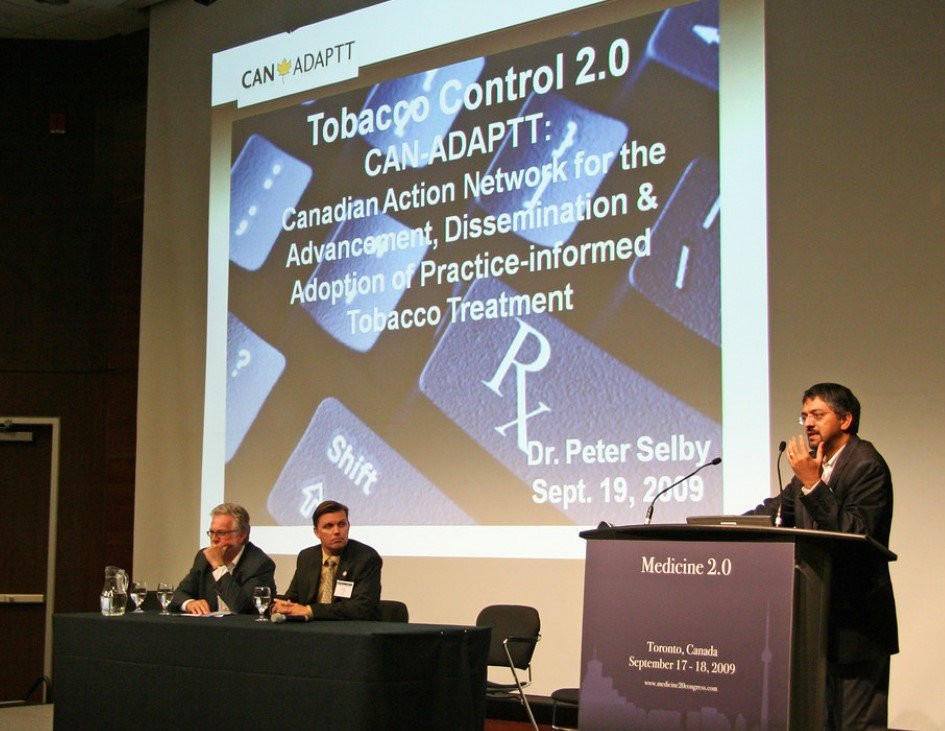The African continent faces a looming public health crisis as the number of smokers continues to rise. Experts are calling for enhanced tobacco control measures to protect populations and promote sustainable development.
Rising Smoker Population Sparks Urgency
The African continent is witnessing a troubling increase in the number of smokers, prompting urgent calls for intensified tobacco control efforts. Mr. Mamadou Biteye, Executive Secretary of the Africa Capacity Building Foundation (ACBF), emphasized the critical need to address this surge to safeguard public health and support sustainable development.
“At this juncture, it’s absolutely vital that we ramp up our tobacco control measures. The health of our people and the future of our communities depend on it,” Biteye stated during the opening of the 2nd African Conference on Tobacco Control and Development in Accra yesterday. The conference, themed “Breaking Barriers, Building Futures: Advancing the Tobacco Ecosystem in Africa,” brought together stakeholders to discuss strategies for combating tobacco use across the continent.

Conference Highlights and Collaborative Efforts
Organized by the ACBF in collaboration with the Centre for Tobacco Control in Africa (CTCA), the two-day conference served as a platform for participants to exchange ideas, share research, and develop actionable solutions. The event highlighted the pressing need for unified efforts to tackle the tobacco epidemic in Africa.
- Policy Development: Experts discussed the creation and implementation of robust tobacco control policies tailored to African contexts.
- Public Awareness Campaigns: Emphasis was placed on educating the public about the dangers of tobacco use through targeted campaigns.
- Support Systems for Cessation: Strategies to provide support for individuals looking to quit smoking were explored, including access to cessation programs and resources.
- Economic Implications: The economic burden of tobacco-related illnesses was analyzed, underscoring the importance of preventive measures to reduce healthcare costs.
These sessions underscored the importance of a multi-faceted approach, combining policy, education, and support to effectively reduce tobacco use.
Barriers to Effective Tobacco Control
Despite the growing recognition of the need for stronger tobacco control, several barriers impede progress across Africa. These challenges include inadequate regulatory frameworks, limited access to cessation resources, and the pervasive influence of the tobacco industry.
Regulatory Challenges
Many African countries lack comprehensive tobacco control laws, making it difficult to enforce restrictions on advertising, sales, and public consumption. Without strong regulations, efforts to curb tobacco use remain fragmented and less effective.
Limited Cessation Support
Access to smoking cessation programs and resources is often limited, leaving many individuals without the necessary support to quit. This gap highlights the need for increased investment in public health initiatives focused on cessation.
Tobacco Industry Influence
The tobacco industry’s aggressive marketing tactics and lobbying efforts continue to undermine public health measures. Addressing this influence is crucial for the successful implementation of tobacco control strategies.
Solutions for Advancing Tobacco Control in Africa
To overcome these barriers, experts at the conference proposed several solutions aimed at strengthening tobacco control across the continent. These include enhancing regulatory frameworks, expanding public education campaigns, and increasing support for cessation programs.
Strengthening Regulatory Frameworks
Implementing comprehensive tobacco control laws is essential for regulating the sale, advertising, and consumption of tobacco products. Governments must prioritize the development and enforcement of these laws to create a controlled environment that discourages tobacco use.
Expanding Public Education
Public awareness campaigns play a pivotal role in changing perceptions about tobacco use. By educating communities about the health risks associated with smoking, these campaigns can reduce the prevalence of tobacco use and encourage healthier lifestyles.
Increasing Support for Cessation
Providing accessible and effective cessation programs is vital for helping individuals quit smoking. Governments and organizations should invest in resources and support systems that facilitate successful smoking cessation.
The Path Forward: Collaborative Action for a Healthier Africa
The conference concluded with a call for collaborative action among governments, health organizations, and communities to implement the proposed solutions. By working together, stakeholders can create a unified front against the tobacco epidemic, ensuring a healthier future for Africa.
Steps to Implementing Effective Tobacco Control
- Policy Enforcement: Governments must prioritize the enforcement of tobacco control laws to ensure compliance and deter violations.
- Resource Allocation: Adequate funding should be allocated to support public health initiatives focused on tobacco control and cessation.
- Community Engagement: Engaging communities in the fight against tobacco use fosters a collective effort to reduce smoking rates and promote health.
- Monitoring and Evaluation: Continuous monitoring and evaluation of tobacco control measures are necessary to assess their effectiveness and make necessary adjustments.
By taking these steps, Africa can make significant strides in reducing tobacco use and preventing a public health crisis.
Michael Brown is a seasoned journalist with a knack for uncovering compelling stories within the realm of cannabis. Through his investigative reporting and in-depth analysis, he sheds light on the regulatory challenges, market trends, and societal impacts of the burgeoning cannabis industry. Michael’s commitment to objective journalism and ethical reporting makes him a trusted voice in providing readers with balanced and informative articles about this rapidly evolving landscape.








